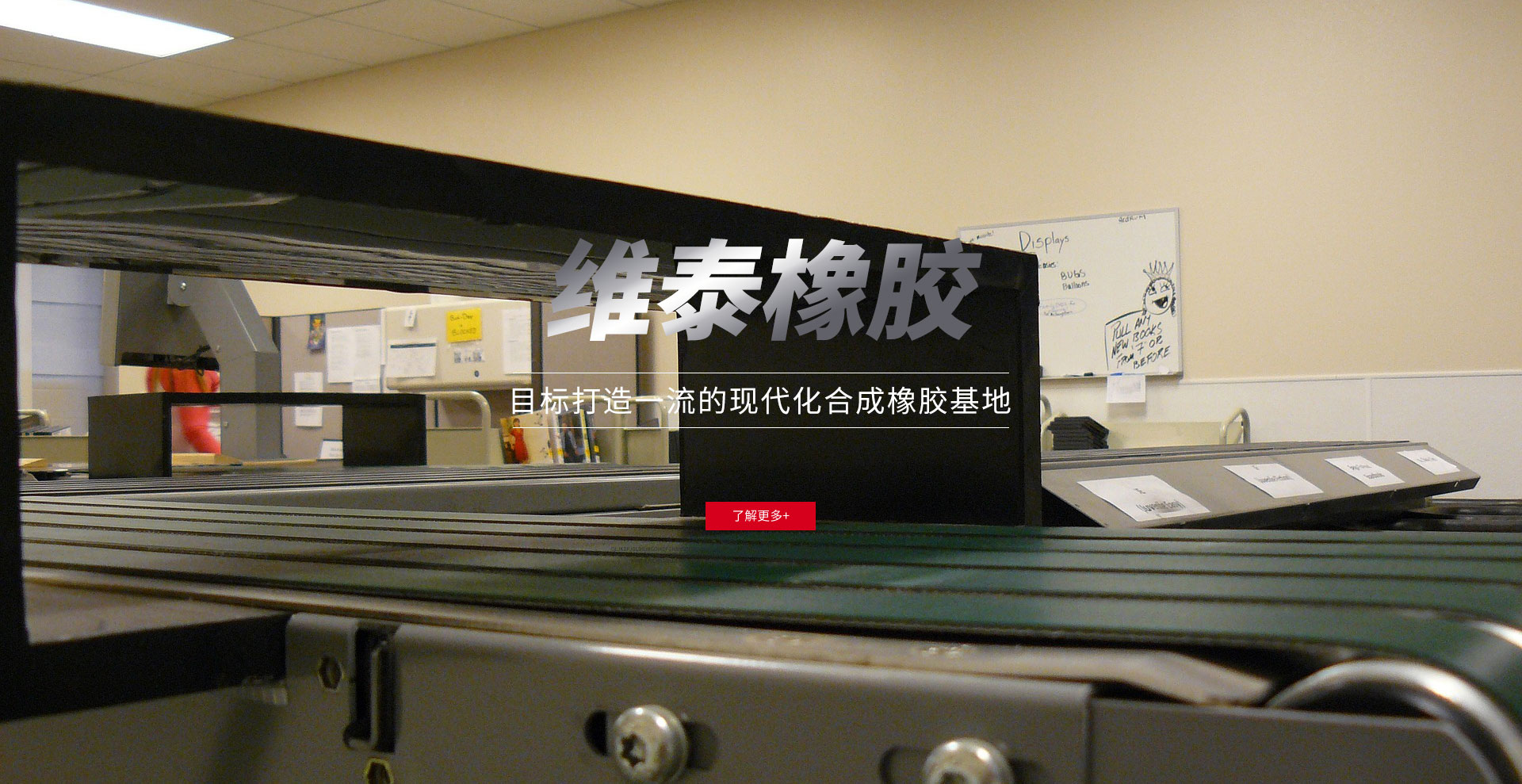

采用稳定可靠、国内领先的生产工艺和技术,
因此公司非常专业。
公司致力于生产符合欧盟REACH法规的低多芳含量的充油丁苯橡胶及其他多牌号环保型丁苯橡胶
......
实现绿色化学产业和营造和谐相处的世界
Realize the green chemical industry and create a harmonious world
开云网页版
kaiyun开云(中国)是经浙江省工商行政管理局审核批准的新设立的股份制企业。公司占地231亩,投资8个亿,于2014年5月建成年产10万吨低温乳化聚合丁苯橡胶生产线。丁苯橡胶是国家鼓励发展的产业,我公司的丁苯橡胶生产线工程被列入浙江省政府2012年度的重点项目。
公司项目采用稳定可靠、国内领先的生产工艺和技术,建设一套技术领先、质量稳定、产品绿色、节能环保的生产装置。自动化程度高,生产环境整洁优美。各生产单元(如原料配制、聚合、回收、凝聚干燥包装等)采用分散型控制系统(DCS),在中控室进行集中操作管理。
在线留言

联系我们
地址 :浙江省台州市三门县沿海工业城牛头门路8号
销售邮箱:sales_weitai@163.com
销售部:0576-83586058
采购部:0576-89311833
行政部:0576-89311892
扫一扫浏览手机站
